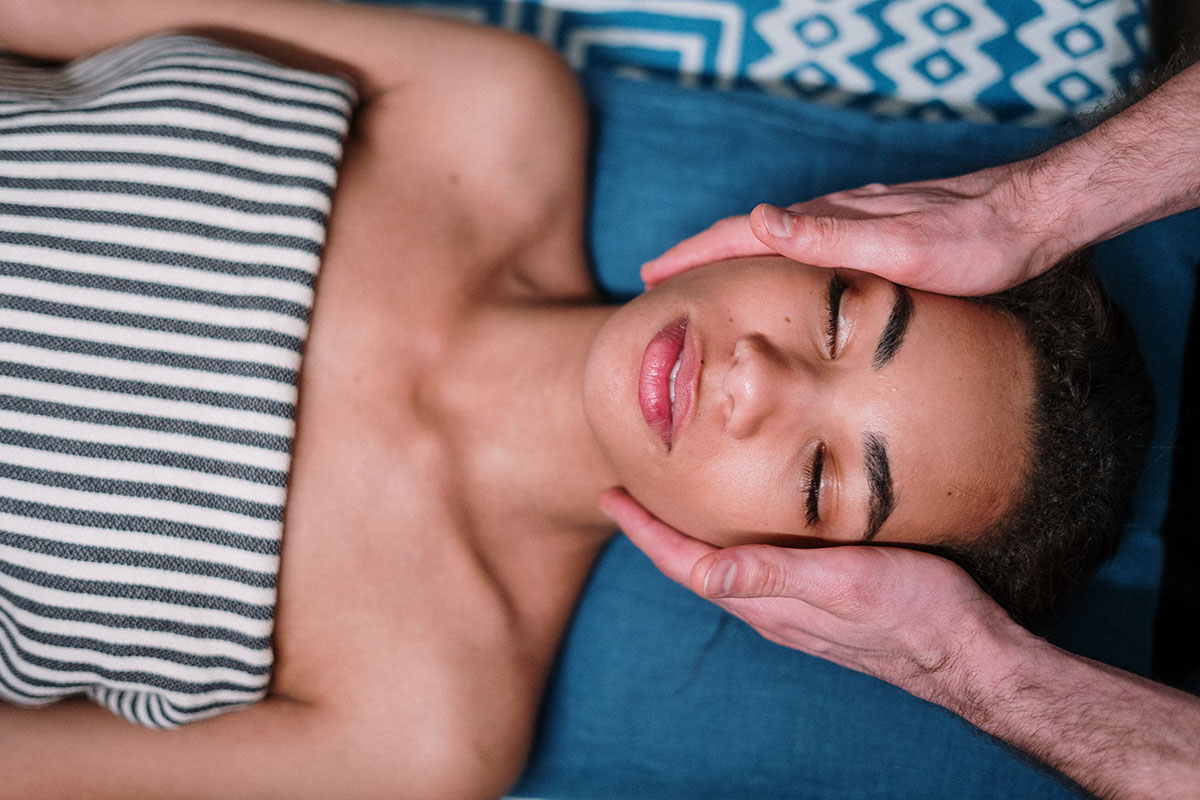Disclaimer: The information on our website is provided for general information purposes only. We make no representations or warranties of any kind, express or implied, about the completeness, accuracy, reliability, suitability or availability with respect to the website or the information contained on our website for any purpose. Any reliance on such information is therefore strictly at your own risk and we are not liable for any damages or losses arising out of or resulting from your reliance on any information contained on our website.
If you enjoy making people look beautiful and more confident in their appearance, a career as an esthetician may be a rewarding career for you. Estheticians have a license in skincare for cosmetic treatments, such as applying makeup, facials, and lash extensions. They even teach clients how to properly cleanse their face and help them choose the best products for their skin type. Watch a video for skincare advice from an esthetician.
How to Become a Esthetician
To become an esthetician, you must be over 16 years old and have a high school diploma. You must complete a formal education in cosmetology or esthetician training to get a license to practice in your state. Students enjoy classes in a salon-simulated setting that includes hands-on training. Classes have coursework in photofacial rejuvenation, facials, chemical pulls, microdermabrasion, and dermal filler training. Also taught is choosing makeup for specific skin types and learning proper application of it and other classes.
Although no college is required to become an Esthetician, getting some college background, like an Associates Degree with courses in Business communication, salon management, skin anatomy, and dermatology, may give you an advantage with an employer when applying for jobs. Some online courses are available as well. High Schools offer some classes in cosmetology too. It is essential to continue classes in new techniques and products once you are employed to stay current. Another way to secure employment is to continue to get other certifications, thereby demonstrating initiative and experience.
Job Description of an Esthetician
You may be curious to know the difference between an esthetician and an aesthetician. The main difference between these two careers is that aestheticians focus more on the medical side of skincare, whereas the Esthetician with makeup and beauty. The Esthetician typically works in resorts, health spas, salons, or fitness clubs. Their job is to analyze the clients’ skin and select the best method of treatment for them. They cleanse the skin and educate the client on the best products for their skin type. They apply eye and facial makeup, give facial peels and remove light hair, such as eyebrows. Estheticians also can use lash extensions. They work closely with people and often sell products to customers.
You will need to have interpersonal skills, dexterity, and knowledge of skin anatomy in this occupation. Being friendly and patient and paying attention to detail is also an essential part of this job. You will be using esthetic equipment and keeping your work area sanitary. Selling products is often part of the job, and guiding the client to the best makeup or cleansers. With your knowledge of skincare, you will demonstrate professional skills and confidence in a salon environment.
Resources for Aspiring Estheticians
You can visit the following websites to research a career as an esthetician.
- The Professional Beauty Association and the American Association of Cosmetology Schools also provides further information on state exams and professional links are.
- The Associated Skin Care Professionals has a Beauty School Directory.
- You can find further information on the Spa Industry at The International Spa Association.
Skincare Specialist Career Video Transcript
Their clients could be taking a day to treat themselves at a spa, or fighting a case of acne, but no matter what, skincare specialists take the business of beauty very seriously. Skincare specialists give facials, full-body treatments, and head and neck massages to improve the health and appearance of the skin. Some may provide additional skincare treatments, such as peels, masks, and scrubs, to remove dead or dry skin. They may also recommend skincare products to clients, perform hair removal procedures, or teach clients about skincare techniques. They finish by cleaning and disinfecting any equipment as well as their work area.
Most skincare specialists work in salons or health spas, but some work in medical offices and other settings. Generally, skin care specialists work full-time and may work evenings and weekends. It is common to work more than 40 hours a week. Depending on the chemicals they use in their practice, skincare specialists may require protective clothing and a well-ventilated workspace. Having to stand for extended periods is often necessary. Skincare specialists must complete a state-approved training program and then pass a state licensure exam, which all states except Connecticut require. Although some high schools offer technical training, most people receive their training from a trade or technical school.
The career video is in the public domain from the U. S. Department of Labor, Employment and Training Administration.

